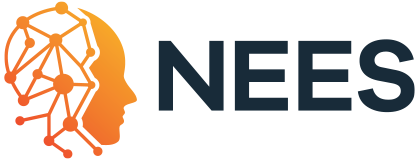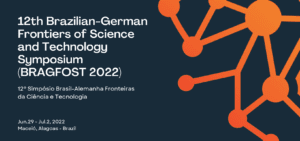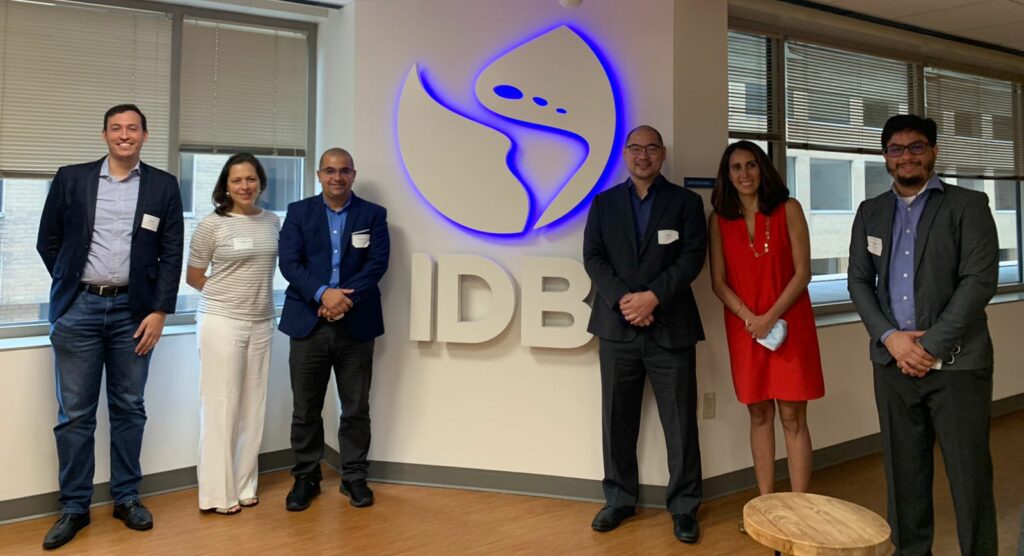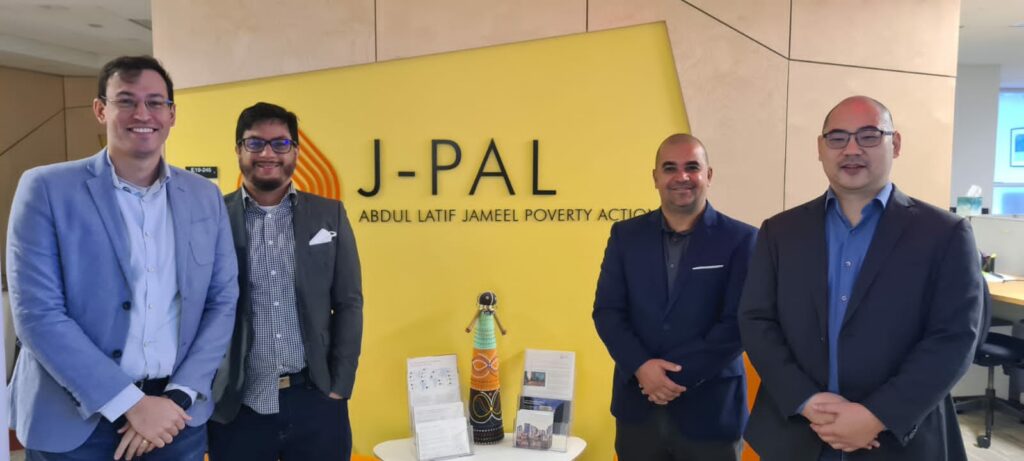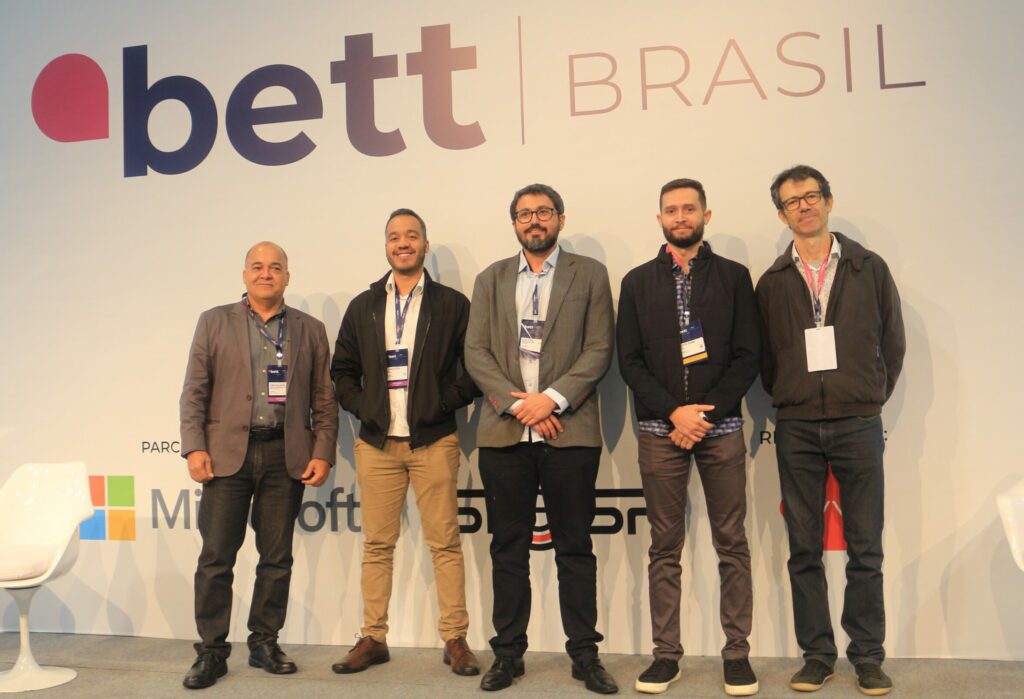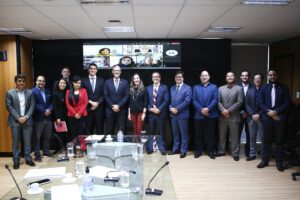Brazilian-German Frontiers of Science and Technology Symposium debates the well-being of the planet and humanity
The event will take place in Maceió, from June 29 to July 2
What are the positive and negative implications of artificial intelligence and machine behavior in the planet’s sustainable development? How does global human behavior impact the world and is impacted by machines? How do small molecules affect our perception, self-awareness, and stimulus processing?
Finding answers to questions like these by discussing new frontiers of research is one of the goals of the 12th Brazilian-German Frontiers of Science and Technology Symposium (BRAGFOST), which will take place in Maceió, Alagoas, from June 29 to July 2. The initiative will bring together 60 young Brazilian and German scientists, 30 of each nationality, all with up to 15 years of doctorate and with the potential to promote advances in science and technology in their fields of knowledge
